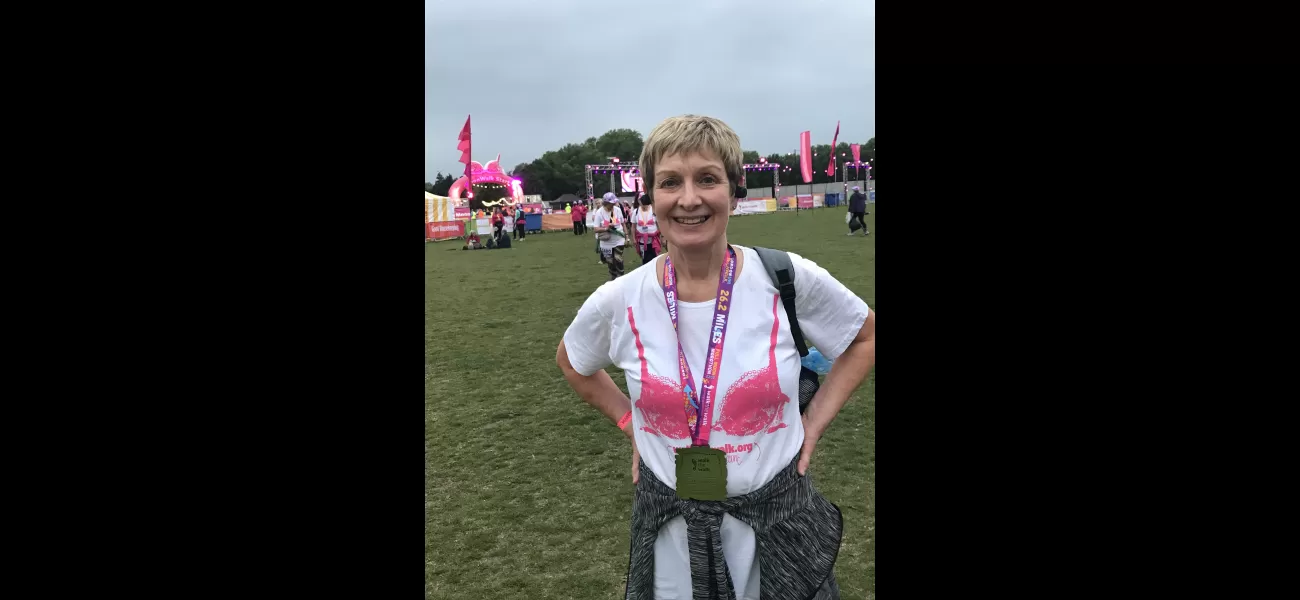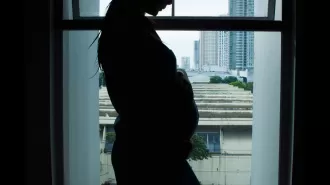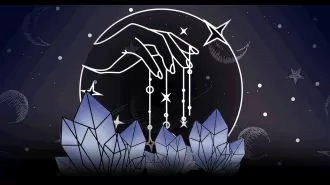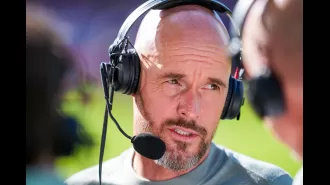I am a lab manager specializing in breast cancer research, and we successfully identified the BRCA2 gene.
At first, I was interested in becoming a nurse, but my dad said that I was too emotional for the job.
March 4th 2023.


(Image Source: https://metro.co.uk)
Sally Swift specializes in breast cancer research. Welcome to How I Made It, The Agency's weekly career journey series, where we talk to Sally Swift, laboratory manager at The Institute of Cancer Research with a focus on breast cancer. In 1995, Sally and her research group discovered the life-changing BRCA2 gene, which revolutionized the world of cancer research and saved numerous lives. To honor the landmark discovery, Sally and her team of innovators received two commemorative plaques from abcam, a global science company. The 60-year-old has devoted her life to breast cancer research, making remarkable breakthroughs over the years. Let's learn more about her successful career.
Hey Sally. What made you decide to pursue a career in science?
I always wanted to pursue a job that could help people. At first, I intended to become a nurse, but my dad told me I was too sensitive. Then I realized medical research could be another way for me to fulfill my ambition and it worked out.
How did your career journey kick off?
I graduated from Brunel University with a degree in Biochemistry in 1985 and got a job as a technician at The Institute of Cancer Research. And here I am, nearly 38 years later.
What training have you done?
For the first 20 years at the ICR, I was in the laboratories conducting experiments. All my training in Molecular Biology came from my boss, Professor Alan Ashworth, and other colleagues in the team. Science is a team effort - new ideas and techniques are constantly being shared and developed.
How did you become a lab manager?
After spending over 20 years at the lab bench, I was ready to move into the Lab Manager role. Alan suggested it to me and I was ecstatic to be offered the job. All those years at the lab gave me a great understanding of what support the scientists need for their research.
How did you get involved in the discovery of the BRCA 2 gene?
I was part of a large team that was working on various projects to better comprehend and find new ways to treat cancer. When Professor Alan Ashworth, my boss and the lab leader, asked me to join the BRCA2 work, I was both thrilled and humbled to be part of such a grand endeavor that could have a huge impact on many people.

(Image Source: https://metro.co.uk)
Sally Swift specializes in breast cancer research. Welcome to How I Made It, the Agency's weekly career journey series. This week, we are talking to Sally Swift, laboratory manager at the Institute of Cancer Research, who specializes in breast cancer. In 1995, Sally and her team discovered the life-changing BRCA2 gene, which revolutionized cancer research and saved countless lives. Recently, Sally and her team of research pioneers were recognized with two commemorative plaques from global science company abcam to celebrate the landmark discovery. The 60-year-old has devoted her life to breast cancer research, pushing boundaries for decades. Let's find out how she achieved such an important career. Hey Sally. What made you want to go into science? I always wanted to do something that would help people. Initially, I wanted to become a nurse, but my dad told me I was too sensitive. I thought that medical research could be another way to fulfill my ambition and it turns out I was right.

(Image Source: https://metro.co.uk)
Sally at Walk the Walk. How did your career journey begin? In 1985, I graduated from Brunel University with a degree in Biochemistry, which enabled me to get a job as a technician at the Institute of Cancer Research. Nearly 38 years later, I am still here. What training have you done? For the first 20 years at the ICR, I was based in the laboratories performing experiments. All my training in Molecular Biology came from my boss, Professor Alan Ashworth, and from other colleagues in the team. Science is very much a team sport - new ideas and techniques are constantly being shared and improved. How did you become a lab manager? After spending more than 20 years in the laboratory, it was a natural transition to the Lab Manager role. Alan suggested I apply and I was incredibly excited to be offered the job. All those years in the lab gave me an excellent understanding of what support the scientists need in order to do their research.

(Image Source: https://metro.co.uk)
Sally helped discover the BRCA 2 gene. How did you get involved in the discovery of the BRCA 2 gene? I was part of a large team working on many projects that sought to better understand and find new ways to treat cancer. When Professor Alan Ashworth, my boss and the leader of our lab, asked me to get involved in the BRCA2 work, I was both excited and honored to be part of such an ambitious project that could potentially make a difference to many people.
[This article has been trending online recently and has been generated with AI. Your feed is customized.]
[Generative AI is experimental.]
0
0
Submit Comment





